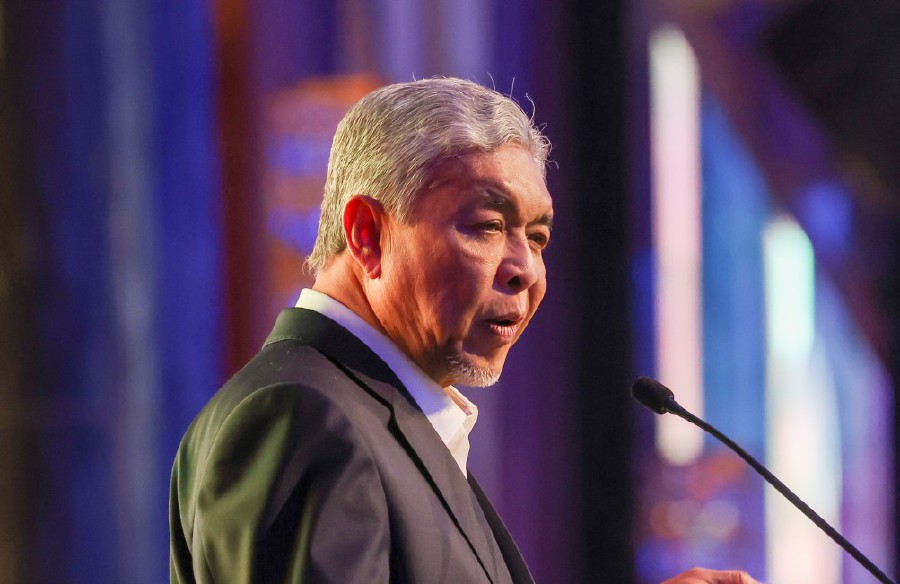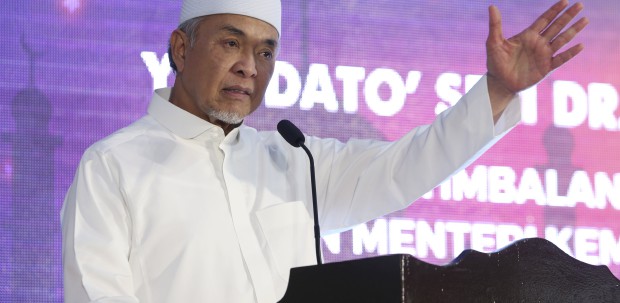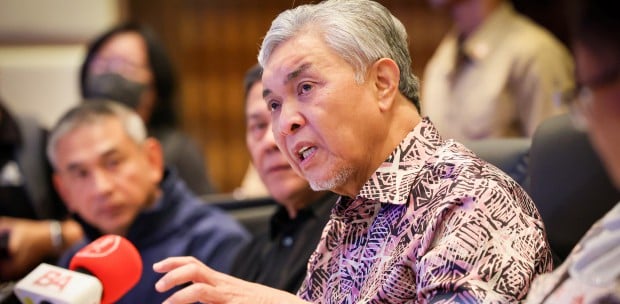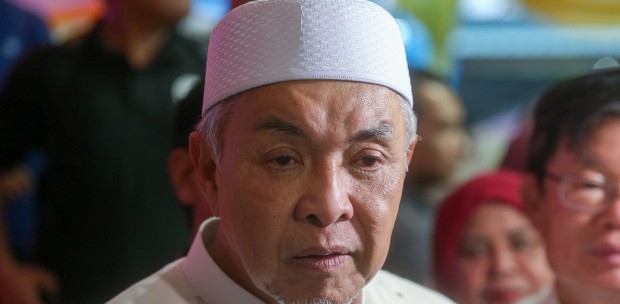KUALA LUMPUR: Reducing the economic gap, exploring economic potentials and improving livelihoods in rural areas are Datuk Seri Dr Ahmad Zahid Hamidi's priorities and focus in leading the Rural and Regional Development Ministry.
In a post on his official Facebook page, Zahid said the ministry and its agencies will go all out to resolve rural issues as quickly as possible.
"InsyaAllah, I will present an action plan and key performance indicators for the ministry in the near future. With one heart and commitment, we will make Malaysia's rural areas more prosperous."
He said based on data from 2019, the average household income in rural areas is RM3,828, compared with RM6,561 in urban areas.
"To put it more simply, for every RM100 earned by urban area residents, those in rural areas earn only RM58.
"In 2019, the poverty rate in rural areas was 12.4 per cent, compared with the national rate of 5.6 per cent. The gap continues to grow every year."
He said the data did not include the Covid-19 pandemic years from 2020 and beyond, which saw a great decline in the economy.
"It is becoming more critical and must not be allowed to become more severe. Something drastic and radical needs to be done now if we do not want rural areas to be left behind."
He said development in rural areas does not aim to urbanise them.
"Rural development is not an urbanisation process. It is to ensure that rural areas achieve a level of development that is in line with standards set by the United Nations in sustaining rural development.
"In other words, it is a modernisation process involving ways of thinking and economic management that is progressive and suitable for current needs."
He said rural development is not measured by the number of skyscrapers, mega buildings, multi-level highways or dense residential areas, it is instead an agenda with its own focus and dimension.
"Looking at Malaysia's rural economic and demographic statistics, it is alarming."
He said in the last 10 years, more people moved from urban areas to rural areas compared with the other way around.
"In 2020, the number of people who moved to rural areas stood at 18.1 per cent compared with three per cent of people moving to urban areas.
"It is an encouraging number because people returning to rural areas will bring with them the work experience, skills and innovation they explored in urban areas.
"It should have improved economic spillovers and opportunities in rural areas. But this did not happen. There is still a big economic gap between urban and rural areas."






